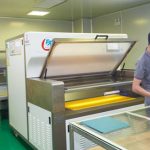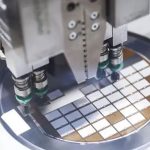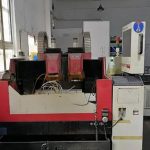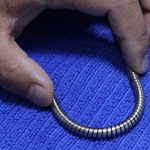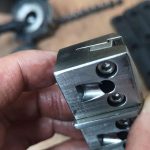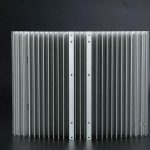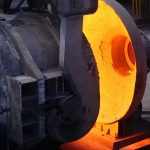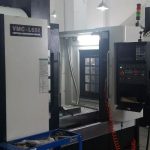In mechanical processing enterprises, machinable materials include not only aluminum alloy, magnesium alloy, low carbon steel, copper, stainless steel and other metal materials, but also non-metallic materials such as ABS, PC, POM, PEEK, PP, acrylic (PMMA), Nylon, Teflon, PPS, nylon + glass fiber, etc.Alloy Wiki has been committed to the processing of precision mechanical parts for more than ten years, processing many metal and non-metal materials, and solving many problems for companies in the robot, drone, intelligent/automation equipment, and auto parts industry.
The cutting performance of metal materials is different from general non-metal materials. Therefore, different precision machining methods must be used. This includes the selection of tools, fixtures and cutting fluids, as well as various issues such as chip processing. In addition, cutting heat The generation and accumulation of sulphur is a very serious problem, which can cause deformation and melting of non-metallic materials. The heat transfer to the tool will burn the cutting edge products, thereby reducing the service life of the tool.
In terms of material processing performance, non-metallic materials can be divided into three categories: one is soft (low hardness) thermoplastics, including nylon, polytetrafluoroethylene (Teflon), acrylic and polystyrene . The second category is harder thermosetting plastics, such as epoxy resins and phenolics. The third category is materials containing abrasives, such as carbon and graphite products and glass fiber epoxy resins.
Cemented carbide cutting tools or high-speed steel cutting tools are suitable for the processing of non-metallic precision mechanical parts composed of abrasive materials such as glass fiber epoxy resin and graphite products. Common standard tools for processing steel and cast iron are used; for milling cutters and twist drills, The helix angle of the tool should be less than 30 degrees. Precision machining of non-metallic materials. Cutting fluid is used for cooling rather than lubrication. Product materials such as phenolics, thermosetting plastics, carbon and graphite have a porous structure that is water-permeable. If the cutting fluid penetrates into the material, it will be damaged. Precision mechanical parts, therefore, when cutting and processing these materials, air jets can be used as a coolant.
Link to this article:In mechanical processing enterprises, machinable materials include not only aluminum alloys, magnesium alloys, magnesium alloys and non-metallic materials.
Reprint Statement: If there are no special instructions, all articles on this site are original. Please indicate the source for reprinting:Alloy Wiki,thanks!^^



